Jared Blumberg
gamer level 5
3115 xp
3115 xp
followers
4
4
Use my invite URL to register (this will give me kudos)
https://boardgaming.com/register/?invited_by=portalguy
profile badges
...
...
...
...
recent achievements

Gamer - Level 5
Earn Gamer XP to level up!
Earn Gamer XP to level up!

Rated 100 Games
Rate 100 games you have played.
Rate 100 games you have played.

Critic - Level 2
Earn Critic XP to level up by completing Critic Quests!
Earn Critic XP to level up by completing Critic Quests!

I Walk the Talk!
Claim that you have played a game today by clicking the "Played Today!" button on a game page 100 times.
Claim that you have played a game today by clicking the "Played Today!" button on a game page 100 times.
Player Stats
Critic (lvl 2)
395 xp
395 xp
Explorer (lvl 1)
154 xp
154 xp
Professor (lvl 0)
80 xp
80 xp
Reporter (lvl 1)
190 xp
190 xp
About Me
I'm a game store owner/manager and lifelong addict, whether it's card games, board games, RPGs, wargames, or video games. I love the classics, as well as anything with a good creative spin on it.



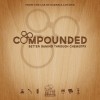
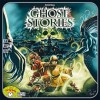

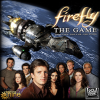

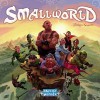
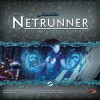

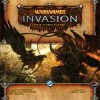
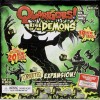



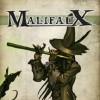







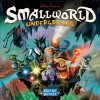








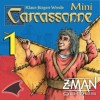
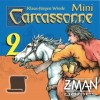

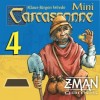
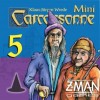
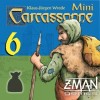
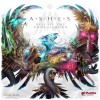

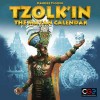
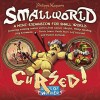
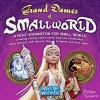










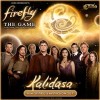



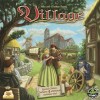









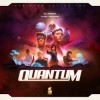
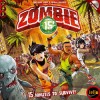

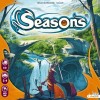
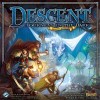

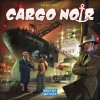


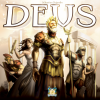
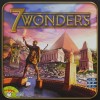


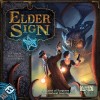















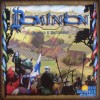




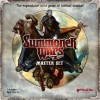

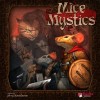

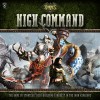




Splendor
Splendor is a deceptive little beast of a game. The game is as simple as this:
The object is to reach 15 prestige points first. Prestige points are accumulated by purchasing cards from the play field or from those reserved in your hand, using the different color gemstone chips or ‘wild’ gold chips, and by receiving noble tiles by having the corresponding gemstone production shown on them.
On your turn you either take 3 different gemstone chips, take 2 or the same kind of gemstone chip(if there are still four or more in the stack), purchase a card, or reserve a card(face up from the field, or face down from the top of one of the decks if you’re feeling saucy). The cards you purchase produce one of the five colors, making future purchases discounted by one of that color.
And that’s pretty much it. You can learn it in five minutes.
Then you play a game, and something diabolical happens. The strategy reveals itself to you. Do you build towards those high-point cards, or try to steal away all of the noble tiles? Do you reserve those key cards that you want to purchase, or the ones that your opponents have their eyes on? Do you horde important color chips? WHY CAN’T I STOP THINKING ABOUT THIS GAME?! And that’s it. You are now hooked, and there’s nothing that can be done about it. You’ll break Splendor out and teach your friends, just as a quick filler game when time is short. But one game is not enough. One game becomes three. But… They all seemed so drastically different. Huh. Weird. There’s only three small decks of cards, and six stacks of gemstone and gold chips. And those noble tiles. But they’re so PRETTY.
And that is what awaits inside that lovely yellow box. Your sparkling, short-form, seductive doom. But there’s no shame in that. Don’t fight it. You can fit in so many more games if you don’t fight…